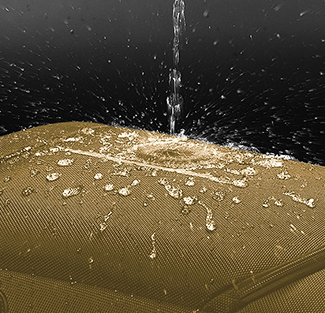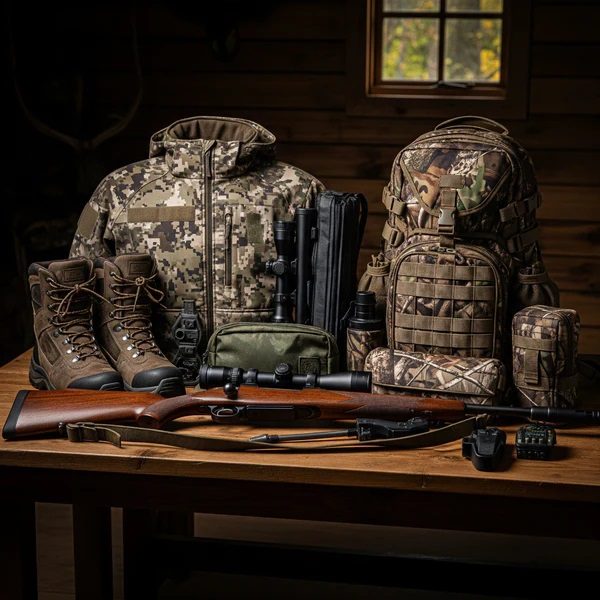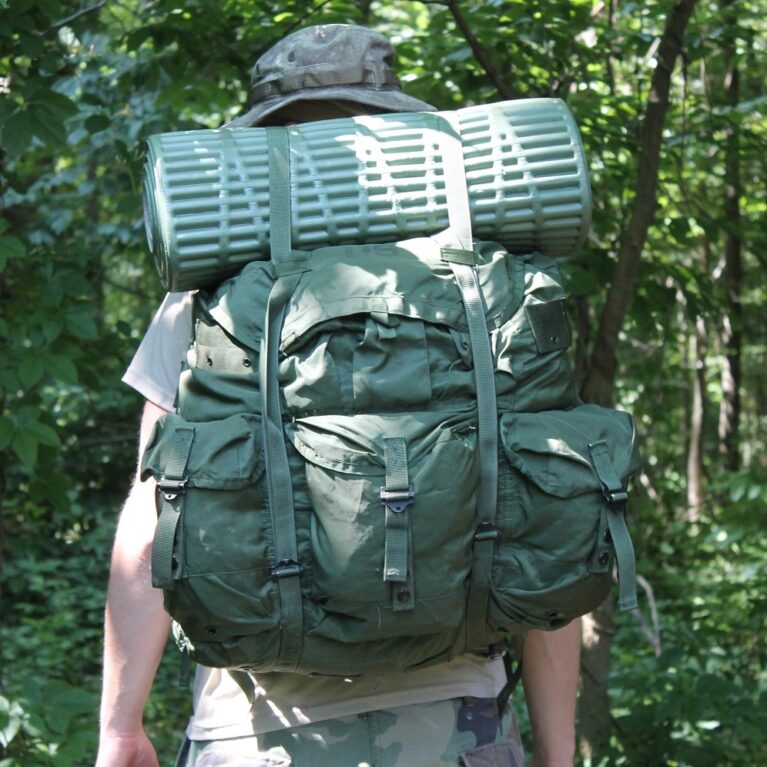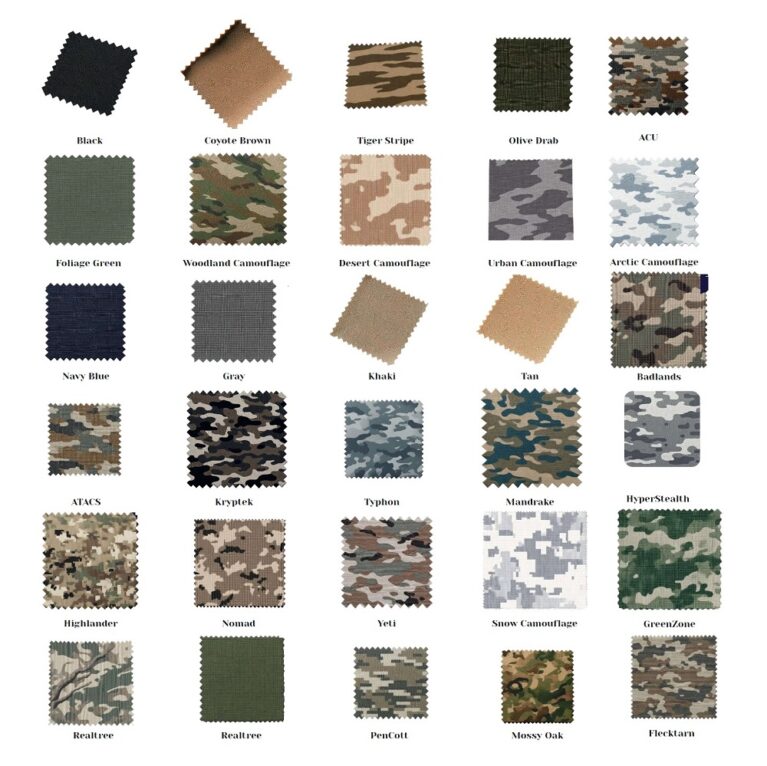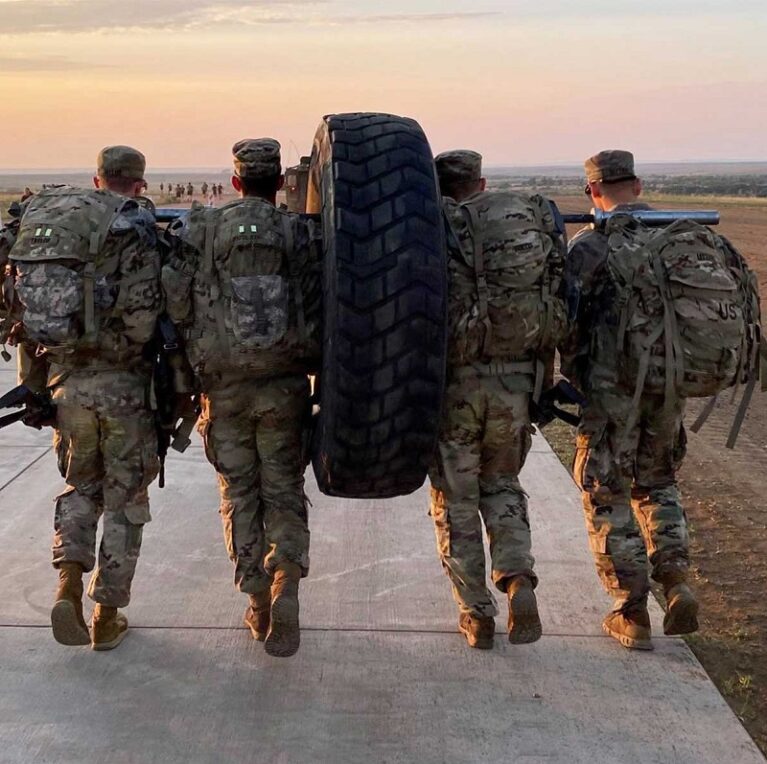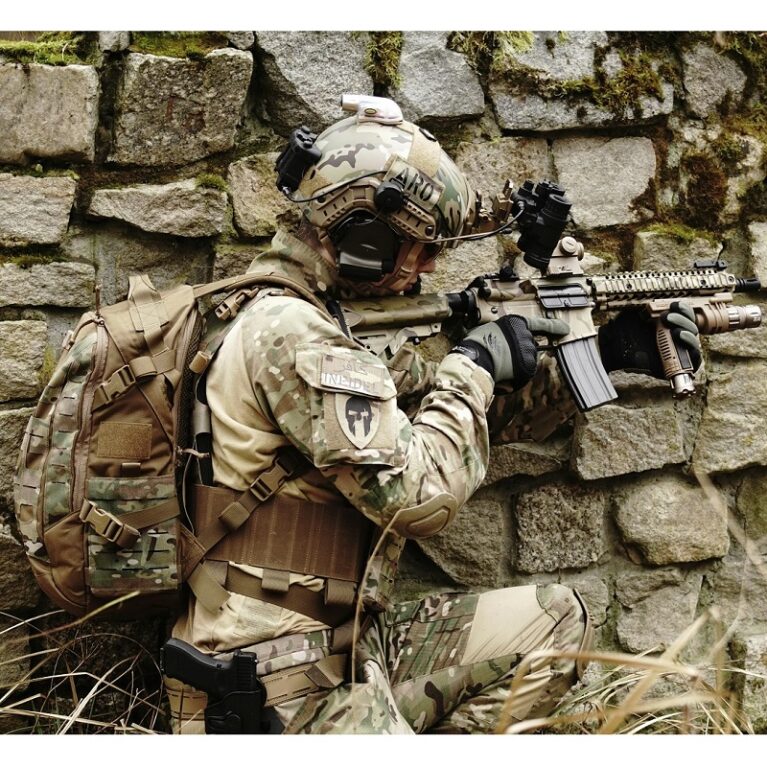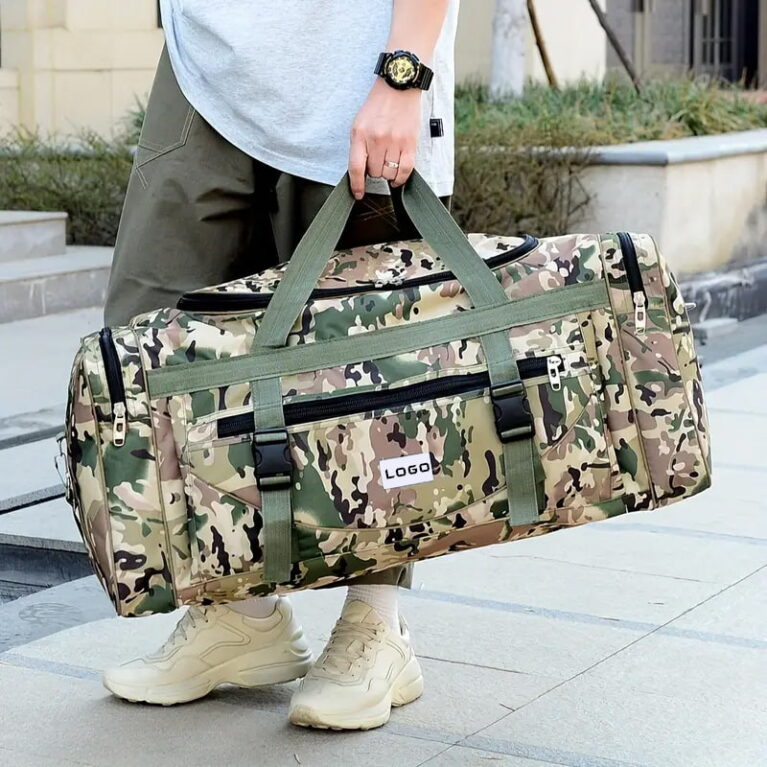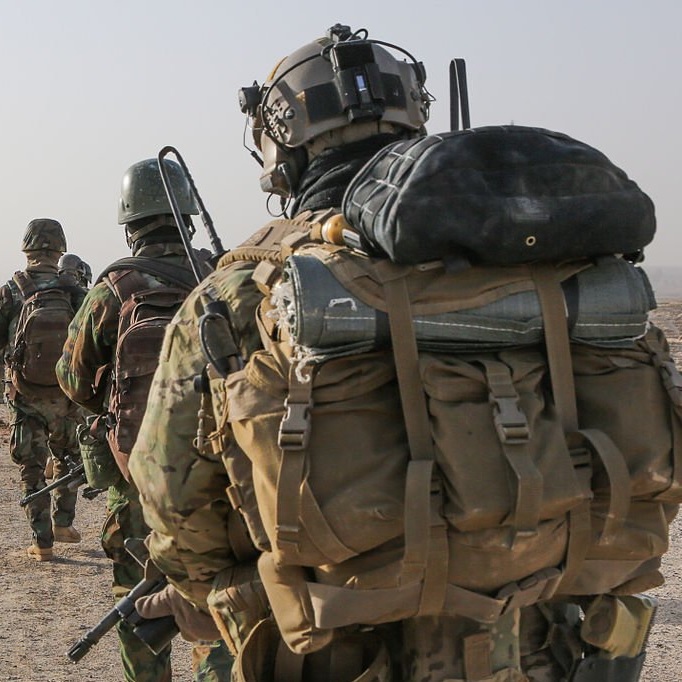 When it comes to purchasing wholesale tactical bags, businesses are often faced with a multitude of options, varying prices, and quality standards. Whether you are a retailer looking to stock up on tactical bags or a startup wanting to source your own custom bags, the process can seem daunting. With the rise of global trade and the ease of sourcing from international manufacturers, it is important to navigate this process carefully to avoid common pitfalls that could harm your business in the long run.
When it comes to purchasing wholesale tactical bags, businesses are often faced with a multitude of options, varying prices, and quality standards. Whether you are a retailer looking to stock up on tactical bags or a startup wanting to source your own custom bags, the process can seem daunting. With the rise of global trade and the ease of sourcing from international manufacturers, it is important to navigate this process carefully to avoid common pitfalls that could harm your business in the long run.
In this article, we will delve into the minefields you need to avoid when buying wholesale tactical bags, and provide insights into how to choose the right tactical bag factory or tactical bag manufacturer. By following these guidelines, you can ensure that you make informed purchasing decisions, build strong supplier relationships, and deliver high-quality products to your customers.
How to avoid 10 minefields?
1. Not Defining Your Specific Needs
The first mistake many buyers make when purchasing wholesale tactical bags is not having a clear understanding of their specific needs. Tactical bags come in many forms, each designed for different uses, such as backpacks, sling bags, duffels, and hydration packs. To avoid overpaying or receiving products that don't match your expectations, you must first define your niche. Ask yourself:
Who is your target customer?
What activities or professions are your bags meant to support (e.g., military, law enforcement, hiking, survivalists)?
| Military | Law Enforcement | Hiking | Survivalists |
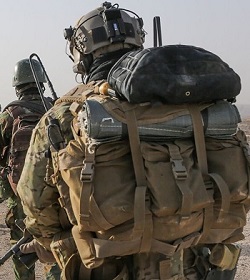 |
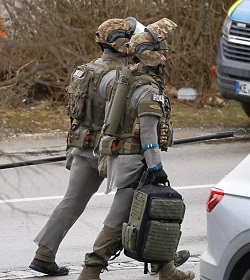 |
 |
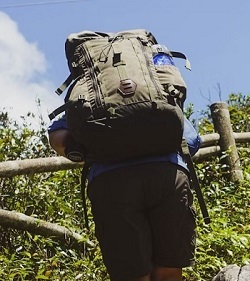 |
What size, features, and materials do you require?
| Tactical Backpack Style | Capacity(L) | Materials(Optional) | Common Uses | Features |
| Daypacks(Small Size) | 10 ~ 30 L | Cordura Nylon, Canvas, Leather, Polyester | Everyday carry (EDC), short hikes, travel, and light-duty tactical use | These are compact backpacks ideal for carrying essentials like water, snacks, first-aid kits, a flashlight, or a small laptop |
| Medium Tactical Backpacks | 30 ~ 50 L | Cordura Nylon, Canvas, Leather, Polyester | Hiking, medium-duty tactical missions, bug-out bags, and outdoor activities | These backpacks offer more room for gear like a first-aid kit, extra clothing, tools, and survival supplies. They're suitable for 1-2 day trips or as an emergency bag. |
| Large Tactical Backpacks | 50 ~ 80 L | Cordura Nylon, Canvas, Leather, Polyester | Multi-day tactical missions, extended hikes, camping, and bug-out bags | These backpacks can hold larger gear such as a tent, sleeping bag, more clothing, and larger survival tools. They're designed for those who need to carry more and prefer to have everything they need on a longer expedition. |
| Assault Packs (Compact Medium) | 20 ~ 40 L | Cordura Nylon, Canvas, Leather, Polyester | Tactical operations, military use, and quick-access bags for short-duration missions or emergency situations | These packs are often used by military or law enforcement personnel for short tactical missions. They feature rugged construction, plenty of compartments, and sometimes hydration reservoirs. |
| Bug-Out Bags (Survival Packs) | 40 ~ 80 L | Cordura Nylon, Polyester, Canvas, Leather | Emergency preparedness, survival gear, and long-term outdoor expeditions | These backpacks are designed to hold a variety of survival gear for long-term survival situations. They often include multiple compartments, hydration bladder storage, and MOLLE attachment points for extra gear. |
| Hydration Packs (Very Small Size) | 1 ~ 3 L | Cordura Nylon, Polyester, Canvas, Leather | Short hikes, running, or military operations requiring easy access to hydration | These are small packs designed specifically to carry a hydration bladder, providing quick and easy access to water during physical activity. |
| Tactical Duffels | 60 ~ 120 L | Cordura Nylon, Polyester, Canvas, Leather | Military operations, travel, or gear storage | These are less common but still considered tactical because they are used for carrying larger loads. Some tactical duffels come with MOLLE webbing for gear attachment |
Understanding the precise requirements of your customers will guide you in selecting the right tactical bag designs and materials. A tactical bag manufacturer that specializes in military-grade gear may not be the right fit for a company focusing on outdoor hiking bags, so being clear about your needs is the first step in the process.
2. Choosing the Wrong Manufacturer or Supplier
One of the most critical decisions in sourcing wholesale tactical bags is selecting the right tactical bag factory or manufacturer. Not all manufacturers are created equal, and selecting a supplier based solely on price can lead to subpar products that don't meet quality or durability standards. Here are a few considerations when choosing the right manufacturer:
- Reputation: Look for manufacturers with a solid reputation in the industry. Check online reviews, ask for referrals, and evaluate their experience in producing tactical bags.
- Certifications and Compliance: Ensure the factory adheres to international standards, such as ISO certifications or compliance with environmental regulations.
- Quality Control: Ask about their quality control processes. A good manufacturer will have a robust system for testing materials and finished products to ensure they meet your specifications.
Failing to vet the tactical bag manufacturer thoroughly can result in delayed shipments, defective products, or even damaged relationships with customers.
3. Ignoring Material Quality
When it comes to tactical bags, material quality is paramount. These bags are designed for durability, performance, and longevity. Ignoring the quality of materials can lead to disappointing results and unhappy customers. Common materials used in tactical bags include:
- Cordura Nylon: Known for its durability and resistance to abrasion and tears.
- Polyester: A lightweight alternative, but it lacks the durability of nylon.
- Canvas: A traditional material that is sturdy but can be heavy.
- Leather: Offers a rugged, high-end look but is not as weather-resistant as synthetic materials.
Before placing a bulk order, it's essential to ask your tactical bag factory about the materials they use. Check their samples and ensure that the fabrics are resistant to wear and tear, waterproof, and able to withstand different weather conditions.
4. Overlooking Design and Functionality
A tactical bag should not only look good but also offer practical functionality. A bag's design must suit the specific purpose for which it is intended, whether it's for military personnel, law enforcement officers, or outdoor adventurers. Some critical features to look for include:
| Ergonomic straps: Comfortable shoulder straps and padded back panels to ensure ease of use during extended wear. | 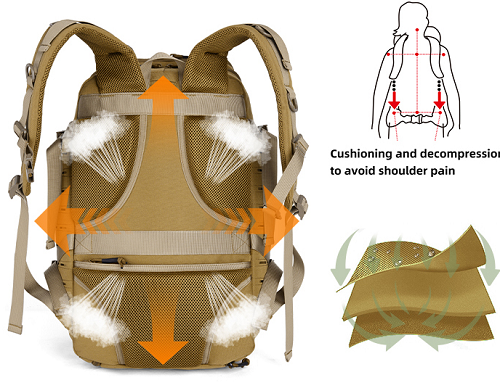 |
| Multiple compartments: A variety of compartments for organizing equipment, such as hydration reservoirs, ammunition, tools, or personal items. | 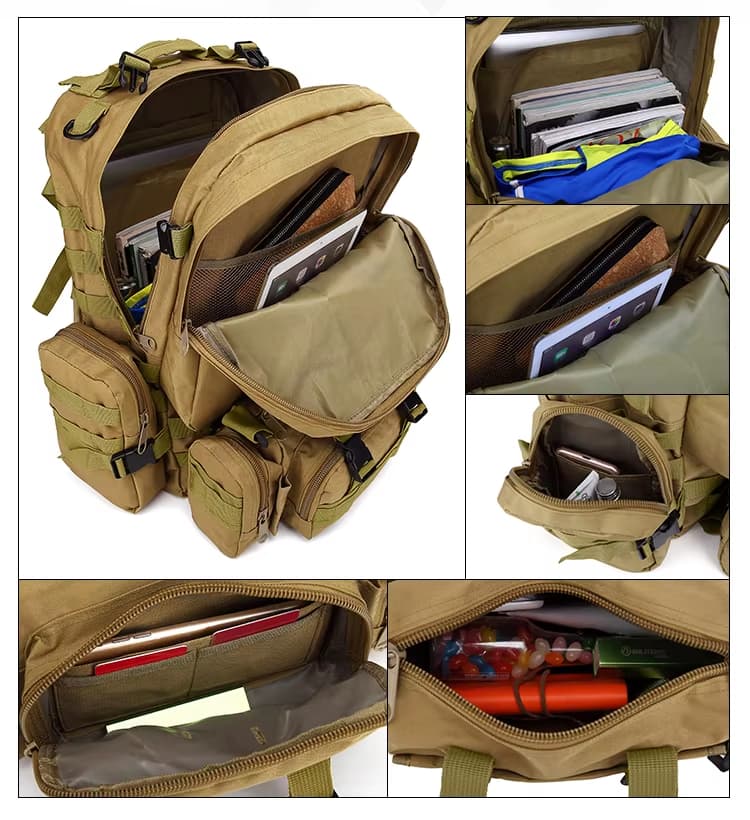 |
| MOLLE (Modular Lightweight Load-carrying Equipment) system compatibility: This allows users to attach extra pouches or accessories. | 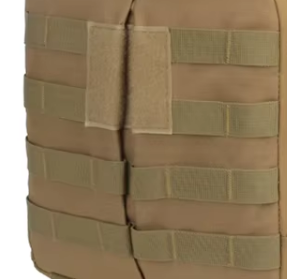 |
| Waterproofing: Essential for tactical bags intended for outdoor or military use. |
|
Be sure to review your potential tactical bag manufacturer's ability to incorporate these features into their designs. Some factories may offer customization options, allowing you to tailor designs according to your specific customer preferences.
5. Neglecting to Test Samples
One of the most important steps in purchasing wholesale tactical bags is requesting product samples. Testing samples before committing to a large order helps ensure that the bags meet your expectations in terms of quality, design, and functionality. You should ask for several samples to evaluate the stitching, zipper durability, strap strength, and overall craftsmanship.
A reputable tactical bag manufacturer will be happy to provide samples and even make necessary adjustments based on your feedback. Don't settle for poor-quality samples just to save time or money. This is your opportunity to catch any potential issues early, before you place a large order.
6. Underestimating Lead Times
When ordering wholesale tactical bags, be aware of lead times and shipping schedules. Many suppliers, especially those based overseas, require significant lead times to manufacture and deliver products. A common mistake is underestimating how long it will take to receive your bags after placing an order.
To avoid delays, plan ahead and communicate clearly with your tactical bag factory about expected production and shipping timelines. Keep in mind that shipping times can vary depending on the mode of transportation (air freight vs. sea freight) and the distance from the manufacturer.
7. Ignoring Costs Beyond the Purchase Price
While the price per unit is a crucial factor when purchasing wholesale tactical bags, it is not the only cost you should consider. Additional expenses can add up quickly, including:
- Customs duties and taxes: Import taxes can significantly increase the cost of goods from international suppliers.
- Shipping costs: Freight charges can vary based on weight, distance, and shipping method.
- Quality inspection fees: If you choose to have a third-party quality inspector check your bags before they are shipped, this will add an extra cost.
- Returns and warranty costs: If your products fail to meet quality standards, you may face the expense of returns or replacements.
Understanding the full cost structure of your purchase will help you avoid surprises and ensure that your margins remain healthy.
8. Not Establishing a Strong Relationship with Your Supplier
Establishing a solid, long-term relationship with your tactical bag manufacturer can be a game-changer. A good relationship with your supplier ensures smoother communication, better negotiation power, and improved support in the event of issues or product modifications.
Stay in regular contact with your supplier, provide constructive feedback, and be open to collaboration on new designs or improvements. Building trust with your tactical bag factory can lead to better service, faster production times, and even discounts on future orders.
9. Not Considering Environmental Impact
As sustainability becomes increasingly important to consumers, you should consider the environmental impact of the materials and manufacturing processes used in your wholesale tactical bags. Some tactical bag manufacturers offer eco-friendly options, such as recycled materials or water-based adhesives. Incorporating environmentally conscious products into your offering can enhance your brand's reputation and appeal to eco-conscious consumers.
10. Neglecting After-Sales Support
Finally, never underestimate the importance of after-sales support. A reliable tactical bag manufacturer will offer warranty coverage and be available to address any issues that arise after the sale. This level of customer support is essential for maintaining customer satisfaction and protecting your business from costly returns or replacements.
Conclusion
Purchasing wholesale tactical bags requires a strategic approach to ensure that you're working with a reliable manufacturer, securing high-quality products, and meeting the needs of your customers. By avoiding these common minefields—such as failing to define your needs, neglecting material quality, or ignoring lead times—you can set your business up for success. Whether you're working with a tactical bag factory or a tactical bag manufacturer, it's important to make informed decisions at every step of the process to build a sustainable and profitable business.
Now contact LUPU Tactical Gear Manufacturer expert team (Email: info@luputacticalgear.com) for bulk orders, custom design services, or professional guidance in selecting the right military gear solution for your customers.
Related:
Top 15 Tactical Gear Trade Shows And Exhibitions

